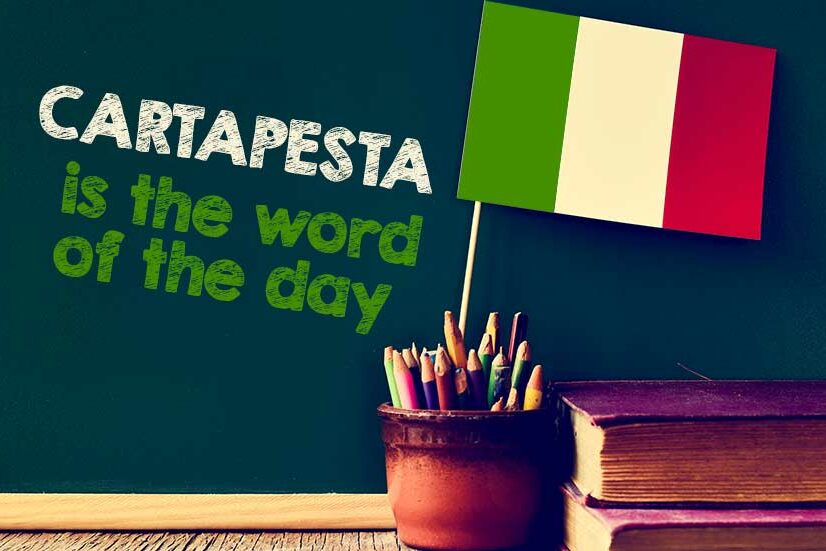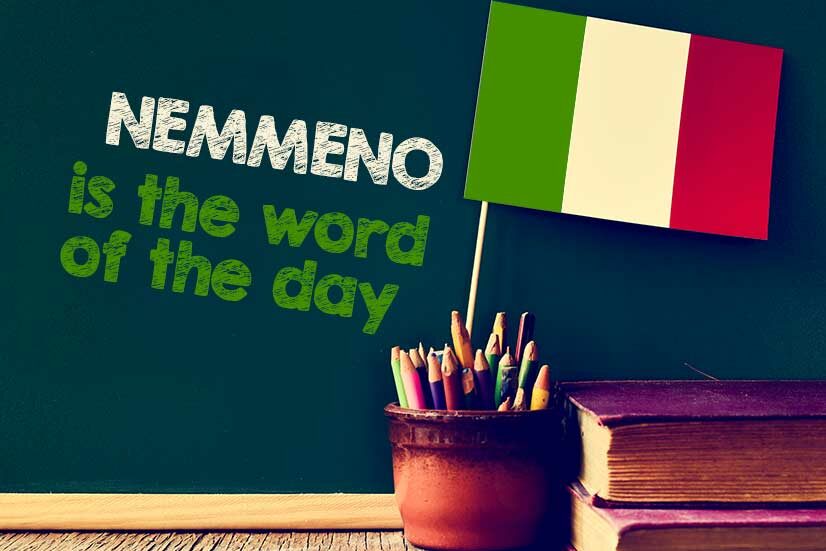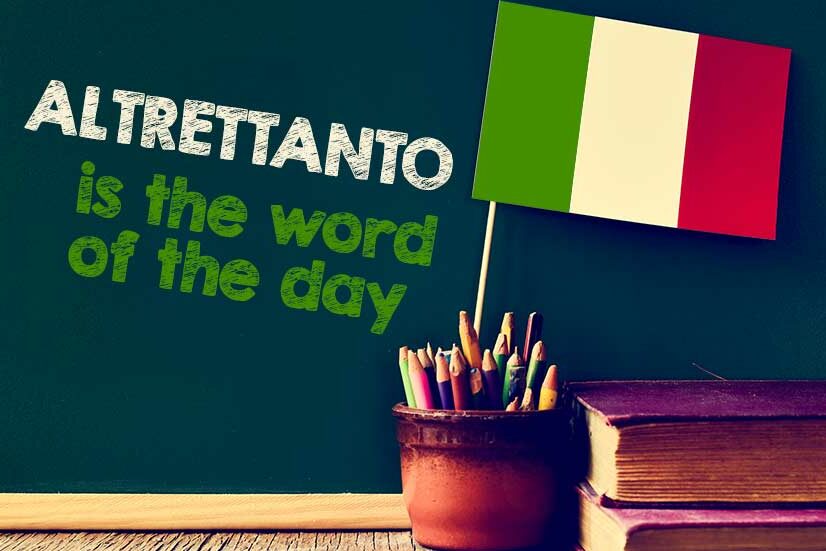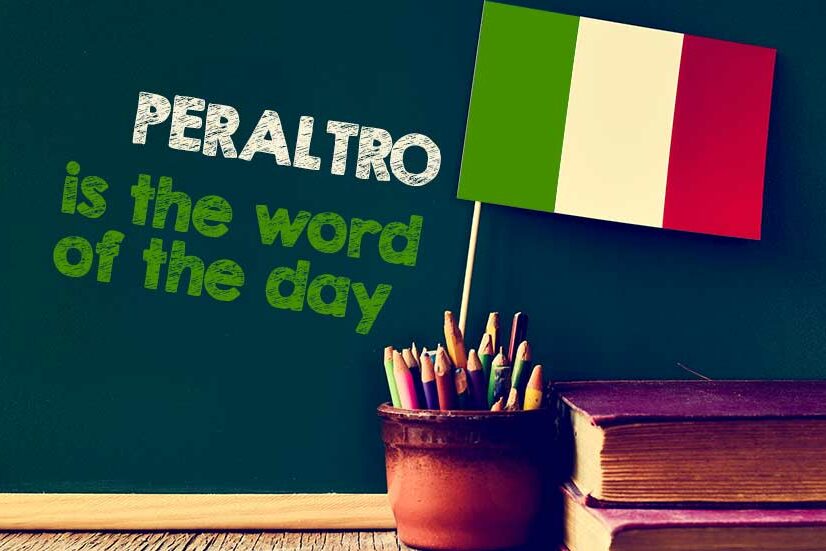Soon after starting an Italian-English language exchange with a young Venetian here I made the bold assertion that there are ten essential words or phrases in every language that will unlock not just the underlying logic of the language, but its very spirit to any student who fully grasps them.
Actually, I have no idea if this is true, if I didn’t steal it from someone else, or if it’s so wrong-headed as to be an idea no one else would claim, but it sounded pretty compelling as I said it. And I can at least tell you about the one ostensibly similar and cognate phrase in Italian and English that inspired and perhaps even supports this claim.
Over the course of our first weekly meetings, in which we’d spend one hour speaking only Italian and another speaking only English, I got the impression that my friend Francesco’s “infatti” functioned differently in his Italian sentences than the “in fact” that I mentally translated it as and used in my own English speech. To check if this was true, I asked him to give me an example of its use.
He thought a bit, as it’s never easy to explain something we say automatically and unconsciously in our own tongue, then pointed out the window and said, “It’s raining tonight, infatti the streets are wet.” He then apologized for coming up with such a silly example. But to me it was a brilliant bit of illumination upon a phrase I suddenly realized I’d been completely in the dark about.

What struck me about his example, and other ones he gave, was that infatti was used to introduce a second statement that amplified, extended, or corroborated the sentence preceding the phrase. That is, the assertion was that something was “infatti” true because something else was also true.
This wasn’t at all the way I typically used the phrase “in fact.” On the contrary, my “in fact” almost always served to set up a distinction or contrast between the statement that preceded it and the statement that followed it. I gave Francesco the example of a certain kind of long-winded person who will inevitably get around to telling you that even though he or she seems naturally outgoing, he is in fact really very shy. In English, in other words, our use of “in fact” often sets up a contrast between how things seem and how things in fact really are.
I’m tempted to say there’s an adversarial edge to “in fact” that seems absent from “infatti”. When I use “in fact” I usually feel as if I’m in the process of clearing away (at least implicitly) a whole mess of false opinions to get at some essential, singular and almost pristine fact, which stands glowingly alone in its validity. To use infatti correctly I feel the need to look beyond my first assertion to a second one with which to support it. “In fact” is rather anti-social; it requires other claims, but only to reject them. While “infatti”, like tango, takes two: it needs to move in tandem with another assertion to really go anywhere.
And indeed there’s a strong element of sociability in the way “infatti” is commonly used. For example, just yesterday a friend replied to my exclamation “Fa freddissimo oggi!” (It’s so cold today!) with “Infatti!” To translate this response with the English “in fact” is to completely miss the tone of emphatic agreement present in the Italian phrase. A closer approximation in English would be something like the old-fashioned exclamations, “Ain’t that the truth!” or “You said it!”
Now, from what I’ve sketched out above it would be fairly easy for many people to slide down the slick worn lazy path of stereotypes: of gregarious Italians and fiercely-independent Anglo-Americans. It’s not something, however, that I’d advise, as Italians are no more uniformly or inherently social than Americans are uniformly independent. On the contrary, even those inclined to make such generalizations need travel only 30 minutes by train, from Venice to Padua, to get an entirely different impression of just how gregarious Italians may or may not be.

I find the differences between the phrases interesting because in the broadest sense they perhaps suggest something about what counts as convincing evidence in each language, of how facts might be arrived at or verified, and maybe even a conception of knowledge, or at least how it tends to be talked about. Does it well up within one or is it arrived at socially?
On a more practical level, though, the differences served as instructive reminders when it came time to help my friend edit his English language resume for Anglo-American companies. The important thing, in fact, on those resumes was for him to keep everything succinct, essential and to the point. He was not going to impress American human resource directors with the value of his Masters Degree in Business by elaborating upon his Bachelor’s Degree in Philosophy.
Incidentally, my bilingual almost-six-year-old son, Sandro, uses both “infatti” and “in fact” in the Italian manner. “Wow,” I said to him the other day in English, “that’s a really big truck you have!” And in English he replied, in emphatic affirmation, “In fact it is!” While I on the other hand… Well, even my claim that there are ten key words or phrases underlying the mass of vocabulary and grammar in every language shows a reductive, essentialist habit of thought more in keeping with “in fact” than “infatti.”
“By the way,” my friend Francesco asked during one of our more recent language exchange meetings, “you once claimed there were ten key words or phrases underlying each language. We’ve talked about one. What are the other nine?”
“Boh!” I replied, using the one word in either language that seemed exactly right. “I haven’t the faintest idea.”
For more about living in Venice, visit Steven Varni’s blog: veneziablog.blogspot.com































